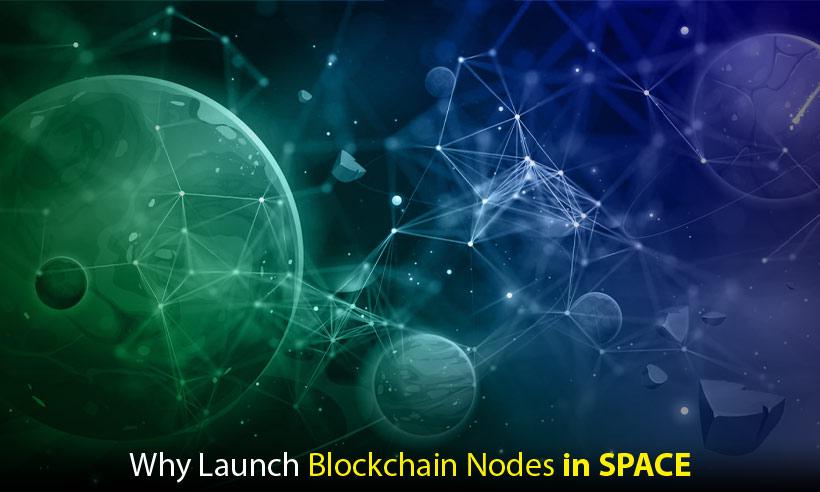Jun 22, 2022
A Glance at the Significance of Launching Blockchain Nodes in Space
.
Disclaimer: The views and opinions expressed in this article are for informational purposes only and do not constitute financial, investment, or other advice. Investing in or trading crypto assets comes with a risk of financial loss.
Adam is an outgoing young lad who likes adventures and discovering new things.Despite his boring life, he loves writing about cryptocurrencies and exploring what blockchain technology can do for the coming digital world where all adventures will be virtual.
